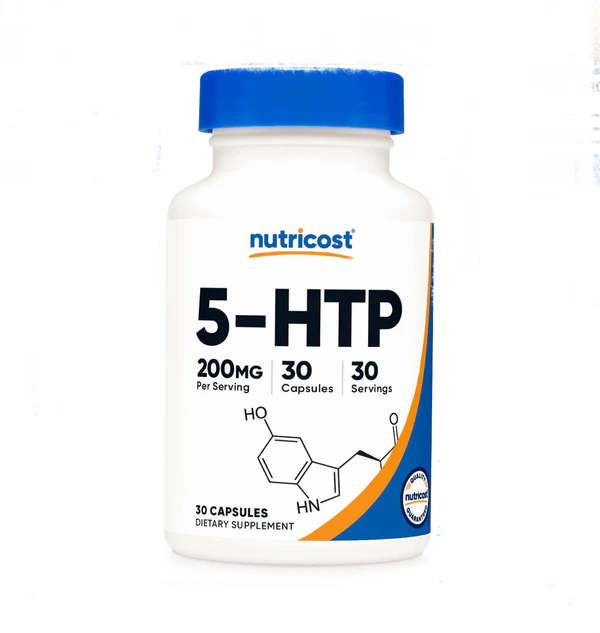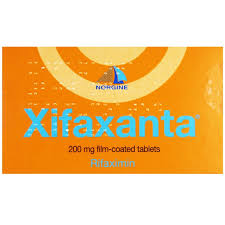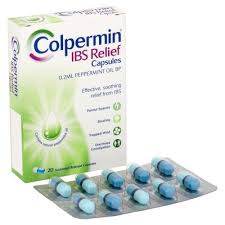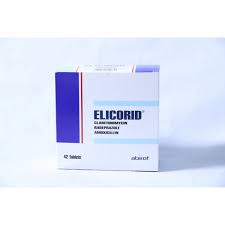Nutricost 5-hydroxy L-tryptophan 200mg
₦18,000.00
Nutricost’s 5-HTP Supplement contains high quality, vegetarian, non-GMO, and gluten free 5-HTP (5-Hydroxytryptophan). 5-HTP is a compound produced by the body from tryptophan (an amino acid). Nutricost 5-HTP capsules provide a convenient 200mg of encapsulated 5-HTP per serving to supplement your needs.
Helps promote healthy sleep
Helps promote calm and relaxation
Helps support mental and emotional well-being
5-HTP (5-hydroxy L-tryptophan) contains a naturally occurring metabolite of the amino acid tryptophan. 5-HTP is extracted from the seeds of the Griffonia simplicifolia plant. 5-HTP is converted in the brain to serotonin, a neurotransmitter substance found at the junctions (synapses) between neurons. It produces a calming and relaxing effect providing support to help maintain mental, emotional well-being, and to promote healthy sleep.
How does it work?
5-HTP is formed from tryptophan by the addition of an –OH group, which gives 5-HTP its antioxidant properties.
5-HTP readily crosses the blood-brain barrier and becomes available for serotonin synthesis. Therefore, supplementation with 5-HTP is a more direct route to serotonin production.
Benefits:
5-HTP functions as the precursor for serotonin, a monoamine neurotransmitter found in the central nervous system (CNS) and some cells of the digestive tract. In the body, 5-HTP is formed by the addition of a hydroxyl group (–OH) to tryptophan, a reaction catalyzed by the enzyme tryptophan hydroxylase. This enzyme can be hindered by stress and conditions such as vitamin B6 deficiency, which is one reason B6 is included in this formula. Additionally, pyridoxal phosphate (vitamin B6) is necessary for 5-HTP to be converted to serotonin. Vitamin C participates in the conversion of tryptophan to 5-HTP and of tyrosine to norepinephrine, another important neurotransmitter.
Synthesis of serotonin in the brain requires an adequate supply of either tryptophan or 5-HTP as precursors in the CNS. The supply of tryptophan available for conversion to 5-HTP depends on a number of factors, including the nutritional status of the individual and the competition between tryptophan and other amino acids for transport across the blood-brain barrier. Whereas tryptophan may be sidetracked into the production of niacin or protein, 5-HTP readily crosses the blood-brain barrier and becomes available for serotonin synthesis. Therefore, supplementation with 5-HTP is a more direct route to serotonin production.
In contrast to tryptophan, orally consumed 5-HTP is readily absorbed by the mucosal cells of the gastrointestinal tract, with up to 70% then appearing in the bloodstream. The implications of possibly altering serotonin in this manner are significant: serotonergic neurons (nerve cells stimulated by serotonin) regulate sleep, appetite, nociception (the perception of pain), and aggressive behavior.
Enhances sense of well-being.
A synaptic serotonin deficit is hypothesized to be capable of a major adverse effect on mood. Supplementation with 5-HTP therefore is believed to balance mood via an increase in serotonin synthesis. This was researched extensively upon discovery that 5-HTP could be used to alter serotonin levels in rats. In a pilot study on humans, the subjects receiving 5-HTP showed a 35% increase on a mood rating scale, whereas the placebo group showed a 6% decrease.
A comprehensive review of seven open and seven controlled clinical studies found that oral consumption of 5-HTP improved mental and emotional status in 60 to 70 percent of subjects. The results varied from ‘modest’ to ‘marked’. Dosages ranged from 50 to 300 mg daily.
In a study of 134 recently bereaved men, mood was assessed using the Profile of Mood States (POMS) questionnaire. Men in this study who had adequate pyridoxine (vitamin B6) status had significantly better total mood disturbance (TMD) and confusion-bewilderment subscale scores. Additionally, pyridoxine deficiency was specifically related to a fatigued mood.
Promotes calming down and relaxing.
In a study of 32 healthy adults, half of the subjects were given 200 mg of 5-HTP, and the other half given placebo. All of the subjects were then given a stress-inducing substance (CCK-4) to provoke tension and elicit nervous irritability. In the female subjects who took the 5-HTP, there was a significant reduction in the rate and intensity of the negative cognitive reaction. This research built on previous studies where administration of 5-HTP produced a calming effect in subjects prone to nervous irritability.
Promotes satiety and supports healthy eating patterns.
Promotes weight loss as part of a weight loss plan.
An exciting area of research recently regaining attention is the relationship between serotonin and appetite—and therefore its potential to aid in the maintenance of a healthy weight. While serotonin is reknown for its function in the brain, 95% of serotonin is actually found in the gastrointestinal tract. Accordingly, serotonin is deeply involved in gut physiology, including visceral perception and weight maintenance. In research where 5-HTP was administered at higher doses, it was discovered that these high doses of 5-HTP produced weight loss in subjects, mainly through its influence on satiety and an altered appetite for specific macronutrients.
A study that orally administered either 5-HTP or placebo to 19 women for 5 weeks (without any dietary restrictions) resulted in significantly decreased food intake and weight loss in the women taking 5-HTP, compared to placebo. In a double-blind, randomized study, 20 subjects received either 5-HTP capsules or placebo for 6 weeks with dietary restrictions, and then for 6 weeks without dietary restrictions. During both periods (with or without dietary restrictions), the 5-HTP subjects experienced early satiety, a reduction in carbohydrate intake, and significant weight loss compared to placebo. In a subsequent double-blind, randomized study, subjects received placebo and 9 subjects received 5-HTP capsules for 2 weeks. The 5-HTP group experienced weight loss through a significant decrease in carbohydrate and fat intake.
An animal study took experimental use of 5-HTP a step further by investigating food deprivation and also stress-induced eating. Although the 5-HTP was injected rather than orally administered in the rats, results clearly showed that administration of 5-HTP suppressed eating compared to placebo treatment in food-deprived rats and even more so in rats undergoing stress.
Improve quality of sleep.
Studies have shown that 5-HTP influences the quality of sleep by increasing REM (rapid eye movement) sleep. Administration of as little as 200 mg of 5-HTP in the evening prior to bedtime has been shown to increase the duration of REM sleep from 5 to 53% and decrease the amount of non-REM sleep.
Potent scavenger of free radicals.
Compounds such as vitamin E and flavonoids derive their free-radical quenching ability from their hydroxyl groups (–OH), which donate electrons to oxidants. 5-HTP is formed from tryptophan by the addition of an –OH group, which gives 5-HTP its antioxidant properties. This is in contrast to tryptophan, which is sensitive to oxidation. The effectiveness of 5-HTP in preventing lipid and protein oxidation is believed to contribute to liver cell integrity by countering membrane rigidity. A recent laboratory test demonstrated that 5-HTP is a more effective hydroxyl radical scavenger than even vitamin C.
Adult use: Take 1 capsule daily, with or without food, or as recommended by your physician.
Very secure payment methods
Shipping will be calculated on checkout
Please note that price may increase due to exchange rate, ensure updated price before making payment




